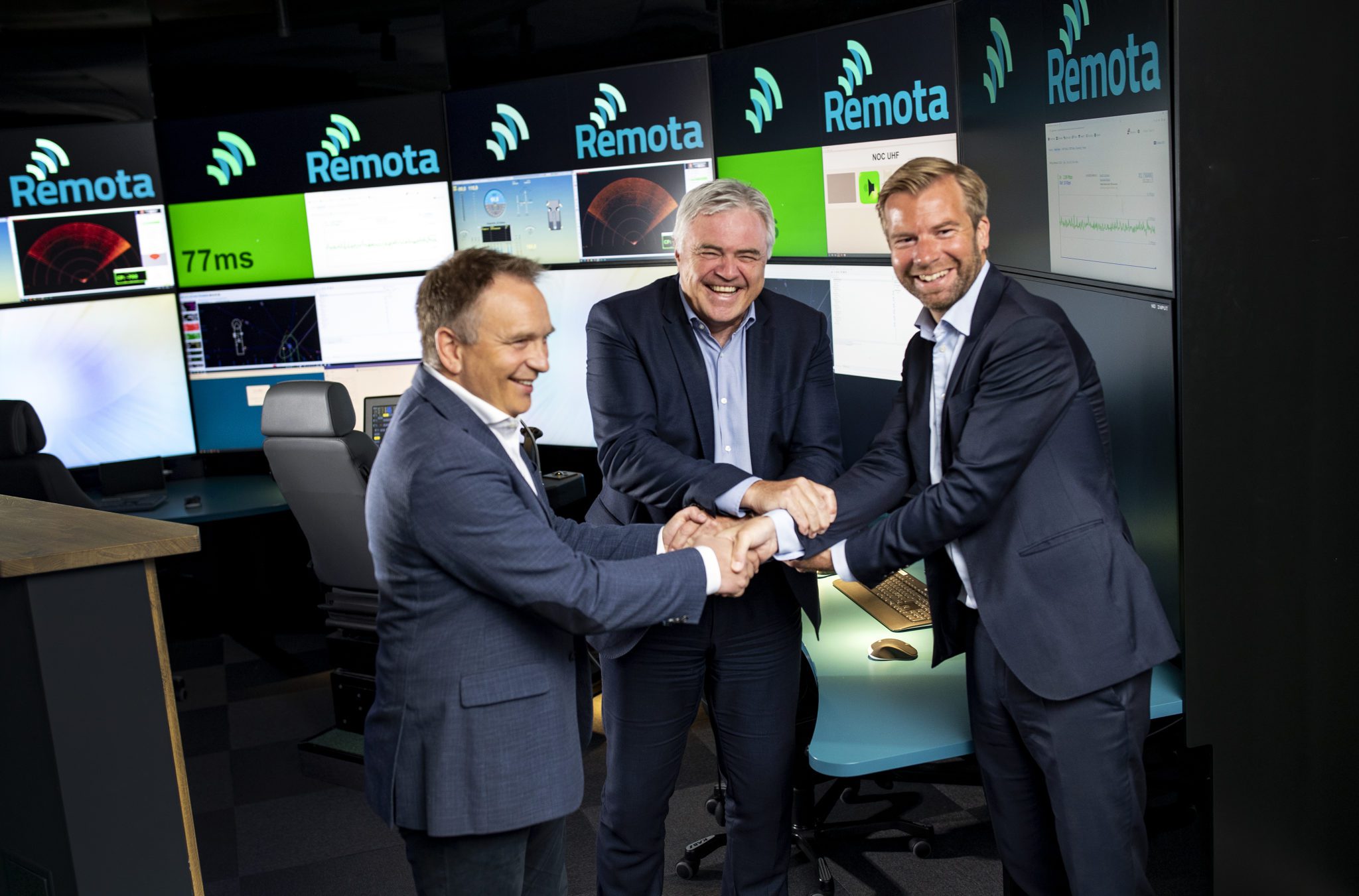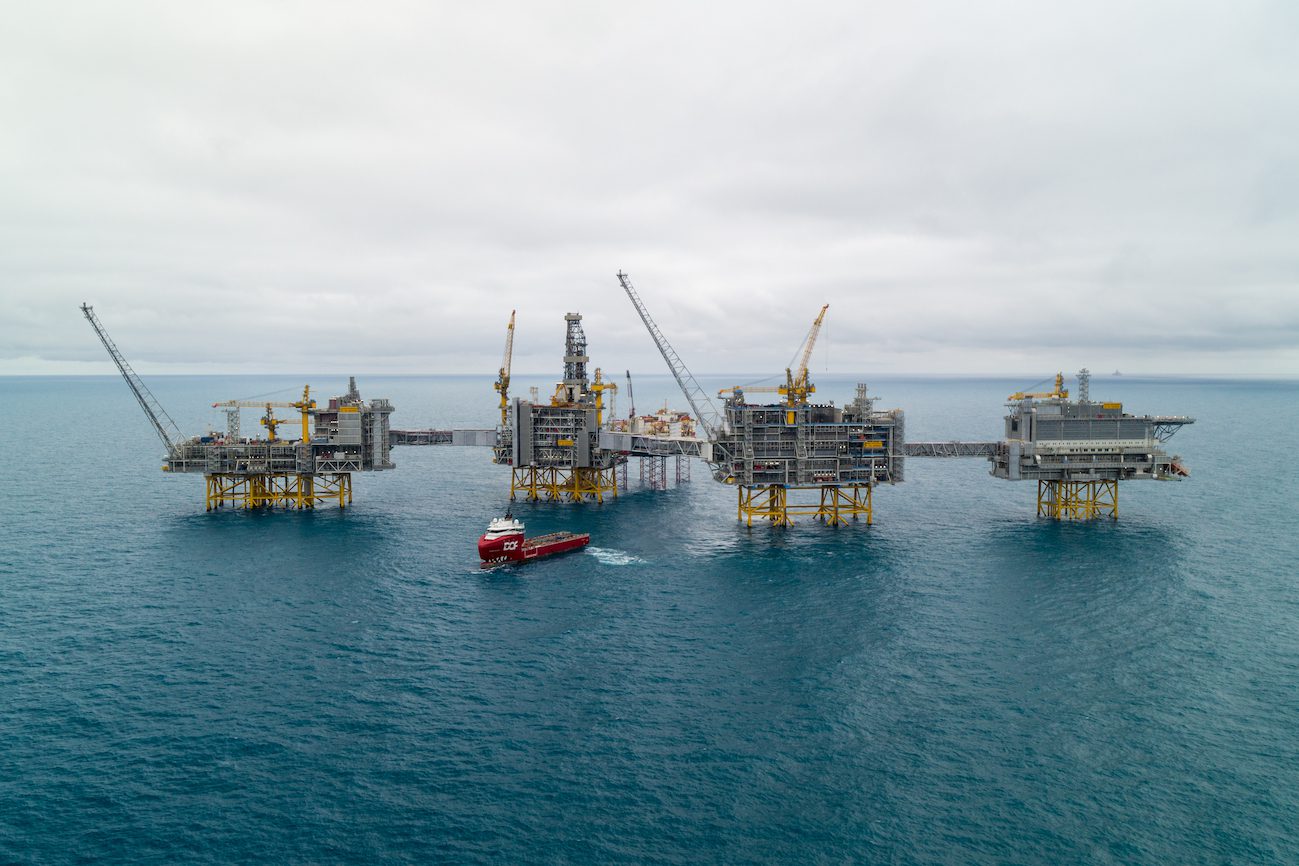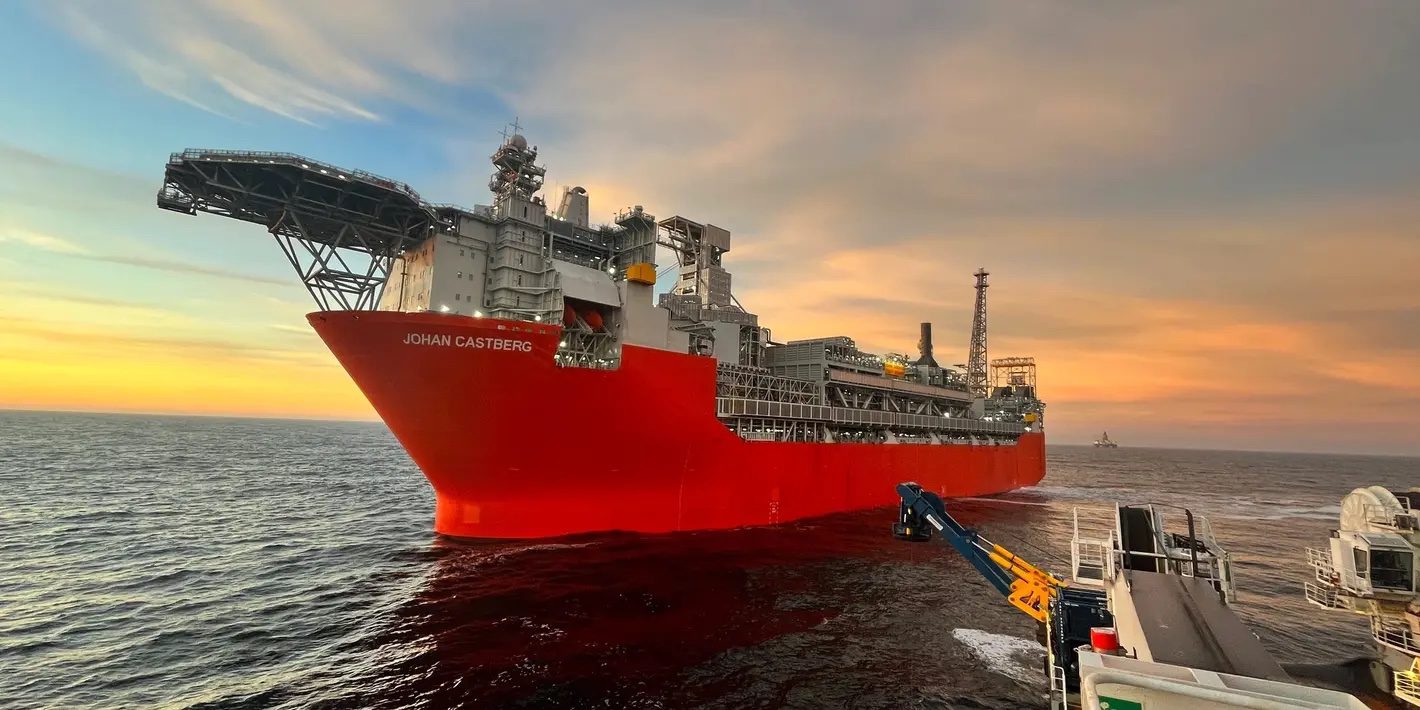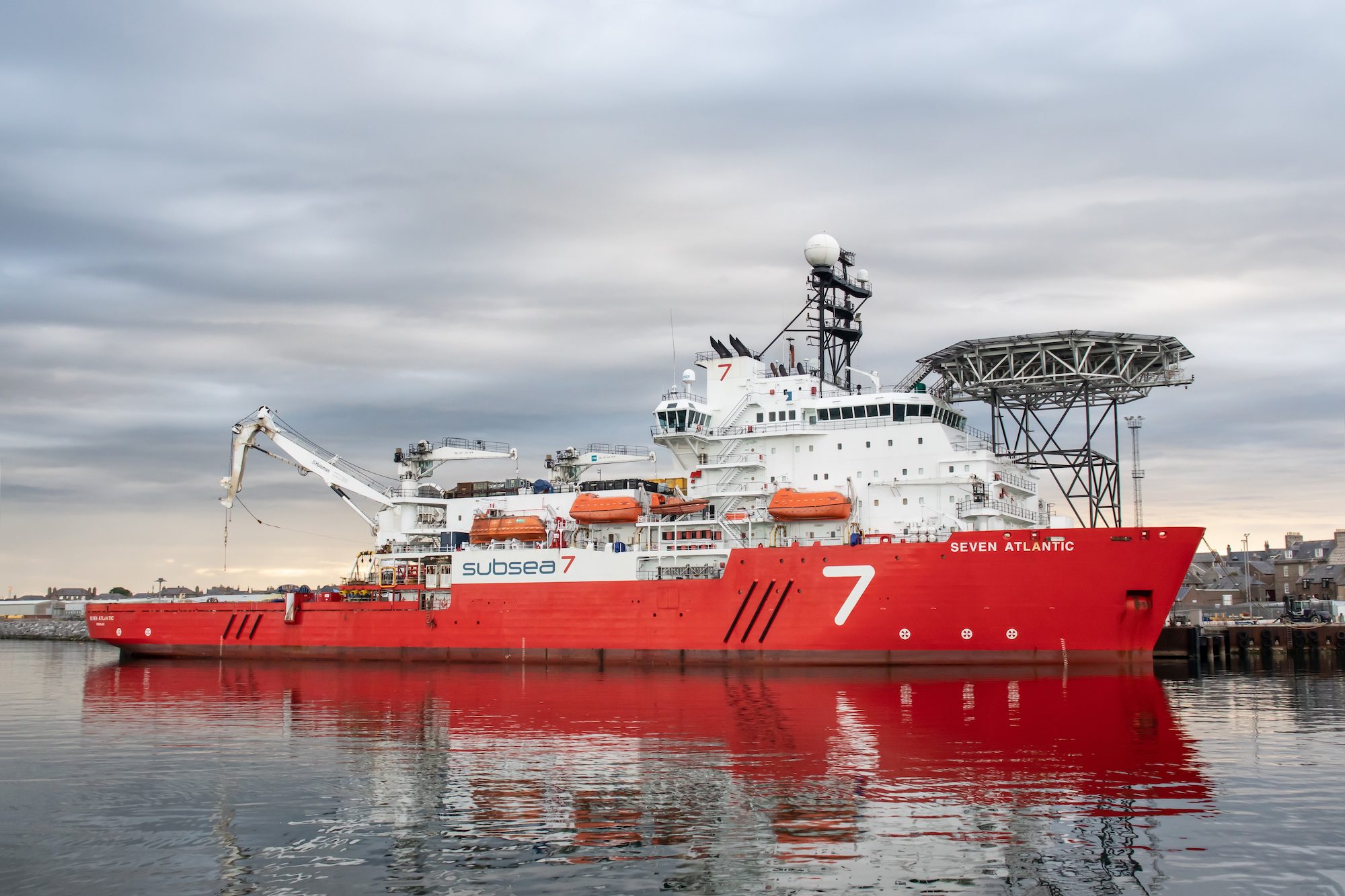Updated: July 4, 2022 (Originally published June 15, 2022)
A group of Norwegian offshore services providers are teaming up to fast-track to development of remote operations and unmanned vessels in the offshore services sector.
Solstad Offshore, DeepOcean Group and Østensjø Group have launched a partnership to established two joint ventures ; one, named Remota AS, will own and operate advanced onshore Remote Operations Centers; the other will focus on developing, own and operate unmanned surface vehicles (USVs).
The companies say the new JVs will help support the industry’s push to remote operations, helping to drive down operating costs and emissions for the marine and offshore industries.
Remota AS will own and operate the Remote Operations Centers, the first of which has been fully operational since 2019 in Haugesund, Norway, from where it manages DeepOcean’s ROVs in European waters in support of subsea installations and inspection, maintenance and repair (IMR) campaigns.
“This is about taking the current experience, track record and technology and bring it to a bigger scale, thereby making it a more powerful offering to the ocean-based industries. Remota will have operations and turnover from day one, and we will immediately double the support capacity at the Remote Operations Center in Haugesund,” said Øyvind Mikaelsen, CEO of DeepOcean.
The center will operate independently of its three owners and offer its services to all operators, vessel owners and service companies worldwide. While it will initially offer its services to offshore shipping companies and ROV-operators, the aim to expand its service to other industries as well.
“With our unique Remote Operations Center and the backing of three leading international supplier companies, we believe that Remota can offer customers a world leading remote offering for marine and subsea operations. I genuinely believe it can transform how traditional ocean-based industries approach their offshore work,” said Sveinung Soma, CEO of Remota.
The second joint venture, named USV AS, will be a separate company that will focus on investion in USVs equipped with a work-class ROV onboard. “This type of vessel is capable of considerably reducing operating expenses compared to conventional vessels that are utilized for subsea inspection, maintenance and repair work,” the companies said.
The USV technology has been developed by DeepOcean, with the two other partners participating in the final stage of the development. It is estimated that the USV solution can reduce CO2-emissions by more than 90 percent compared to a conventional offshore vessel when conducting subsea operations.
“By introducing USVs, we are moving the captain onshore who will remain in control over the offshore operations.This is an excellent way of reducing cost and the CO2 footprint. By limiting personnel exposure to offshore operations, this also introduces a brand new safety aspect. It also represents a significant business potential for the JV,” added Mikaelsen.
The three partners will each own 33.33 percent of the two new JVs.
“Remote operations are key to unlocking huge emission reductions and cost savings from the marine and offshore industries. The new joint ventures aim to fast-track the adoption of new remote technologies, which in turn will make ocean-based industries even more sustainable,” says Håvard Framnes, Investment Director of Østensjø, which owns and operates vessels within offshore wind, towage services, offshore oil and gas and offshore accommodation.
“Solstad, DeepOcean and Østensjø already have the technologies, competence and assets in place, but teaming up will further enhance the capacity, growth prospects and market penetration of our remote operations offering. Operators of offshore energy assets have challenged the supplier industry to deliver even more cost-efficient services. This is our response,” said Lars Peder Solstad, CEO of Solstad Offshore.
Editorial Standards · Corrections · About gCaptain

 Join The Club
Join The Club











